- 385 Posts
- 79 Comments

 11·5 days ago
11·5 days agoWhich sources are reliable for China news in general?

 12·5 days ago
12·5 days agoIt really helps of you read before posting. And don’t forget to suggest sources you think are reliable.

 53·5 days ago
53·5 days agoWhere do you get your information on Tibet?
Here are some alternative sources:
Tibetan School Falls to China’s Legal Pressure (October 2024) – (Archived)
A 2010 cultural assimilation policy mandates that all schools in Tibet use Chinese as the primary language, starting from kindergarten. […] “The Chinese government is closing monasteries and Tibetan schools as part of a broader strategy to eradicate Tibetan language and culture.” […] Private schools are especially targeted in “patriotic education campaigns,” making language instruction harder to monitor. Eight of the remaining 16 private Tibetan schools have been ordered to close, while the rest face allegations and administrative pressure.
Tibet boarding schools: China accused of trying to silence language (March 2024)
Over recent years, the Chinese government has closed village schools - and private ones teaching Tibetan - and expanded the use of boarding schools. These have been in operation for many decades in a number of Chinese regions that are thinly populated - but in Tibetan areas, they appear to have become the main means of education. […] [Experts] say this kind of schooling creates psychological trauma for children who are forcibly separated from their families, who are pressured to send their children away. “The most challenging aspect of my life was missing my family,” said one Tibetan teenager, who attended a boarding school for several years, until she was 10.
China shows off a Tibetan boarding school that’s part of a system some see as forced assimilation (October 2023) – (Archived)
China has shuttered village schools across Tibet and replaced them with centralized boarding schools over the last dozen years. Many students come from remote farming villages and live at the schools. The practice is not limited to the region […] Activists estimate 1 million Tibetan children study at such boarding schools, though the number is difficult to confirm. They say the schools are part of a broader strategy to dilute Tibetan identity and assimilate Tibetans into the majority Chinese culture.
If you still don’t trust one of these sources, feel free to find others. It’s easy, they are all across the web.

 2·7 days ago
2·7 days agoAddition:
TikTok Has Pushed Chinese Propaganda Ads To Millions Across Europe – ( July 2024, updated September 2024)
According to TikTok’s newly public advertising library, ads from China’s largest state media outlets touting everything from China Covid lockdowns to tourism in the troubled Xinjiang region have been broadcast to millions of the platform’s European users.
TikTok Ads Paid for by Chinese Media Target European Users – (August 2023)
Chinese media sponsored over a thousand ads on TikTok targeting European audiences. Additionally, accounts that carefully obscure their connections to China may pose further risks in coordinated information manipulation campaigns.
This are just two examples, there is much more across the web.

 116·7 days ago
116·7 days agoAddition:
TikTok Has Pushed Chinese Propaganda Ads To Millions Across Europe – ( July 2024, updated September 2024)
According to TikTok’s newly public advertising library, ads from China’s largest state media outlets touting everything from China Covid lockdowns to tourism in the troubled Xinjiang region have been broadcast to millions of the platform’s European users.
TikTok Ads Paid for by Chinese Media Target European Users – (August 2023)
Chinese media sponsored over a thousand ads on TikTok targeting European audiences. Additionally, accounts that carefully obscure their connections to China may pose further risks in coordinated information manipulation campaigns.
This are just two examples, there is much more across the web.

 2·10 days ago
2·10 days agoThis is very good. We need more of this ‘grassroots media’.

 41·10 days ago
41·10 days agoI am not sure whether I understand your comment. Don’t you want opinionated articles to be flagged as ‘opinion’? I thought it’s a good idea as it is not a typical news article. Just let me know.

 21·11 days ago
21·11 days agoThere are 10,000 foreigners wrongfully detained in the Chinese Communist Party’s Prison System, and they come from across the globe …

 1·11 days ago
1·11 days agoIt’s real …
Forced organ harvesting and transplant tourism – (May 2024)
China’s new Regulation on Donation and Transplantation of Human Organs takes effect May 1, 2024 […] However, experts suggest the regulatory change will not lead to transparency, bring an end to China’s transplant tourism business, or protect prisoners of conscience and ethnic groups from crimes in organ transplantation, including forced organ harvesting.

 102·12 days ago
102·12 days agoChina is indeed doing that all over the world. In May this year, for example, the Chinese ambassador to Japan said that “Japanese people would be dragged into the fire” if they support Taiwan independence, while China’s ambassador to Australia said in January that Australia would be “pushed over the edge of an abyss” if they support Taiwan’s independence.
If such coercive tactics are criticized, the response is often blatant whataboutism.

 3·12 days ago
3·12 days agoI guess this is just an introduction into the story, but I also feel it is a bit too long. A sentence or two would have been sufficient.

 31·14 days ago
31·14 days agoClimate Action Tracker for China
- Policies and action: insufficient
- NDC (nationally determined contributions) target against modelled domestic pathways: highly insufficient
- NDC target against against fair share: insufficient
- Overall rating: highly insufficient
[Edit for clarity.]

 97·15 days ago
97·15 days agoYou continue to engage in whataboutism. What a waste of time.

 106·15 days ago
106·15 days agoThe renewable energy is one thing. China is the largest emitter of carbon dioxide, and emissions are still rising.
It’s blatant whataboutism as this report is on China, and it says the country’s climate emission policy is insufficient. Just read the report.

 117·15 days ago
117·15 days agoThis is the -unfortunately expected- whataboutism.
Additional renewable energy capacities do not compensate the harm done to the climate by carbon dioxide emissions, and China’s emissioin are still rising while it is already the world’s largest emitter as the report also says.

 32·17 days ago
32·17 days agoThanks to @Varyk@sh.itjust.works
Here is another article on this issue: China’s Massive Detention of Foreigners

 82·17 days ago
82·17 days agoLet us not forget the people in Xinjiang who pay a harsh price for cheap Chinese EV cars. Unfortunately, forced labour and supply chain transparency wasn’t an issue here.

 41·18 days ago
41·18 days agoI wouldn’t say they ‘redesigned’ it. As the Wikipedia article reads, among others:
However, after Xi Jinping came to power in 2012, religious conflicts re-emerged, and the Shadian problem as an example shows an unreconciled discord between the CCP and Islamic religious groups in China.
In 2022, the government began renovations to remove the Arabic-style architecture from the Grand Mosque of Shadian and replace it with Chinese-style pagoda architecture. The renovations were completed in 2024.
As the linked article suggests, things are getting worse. This ‘redesign’ is pure propaganda.
[Edit typo.]

 32·20 days ago
32·20 days agoThat’s by far enough here.
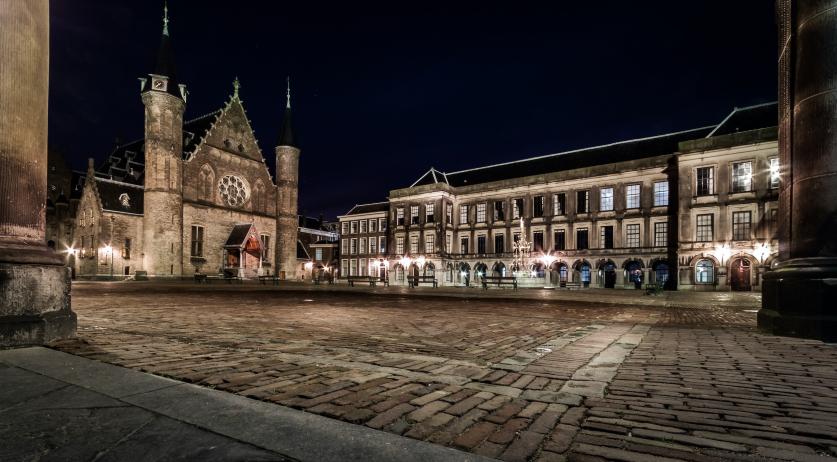
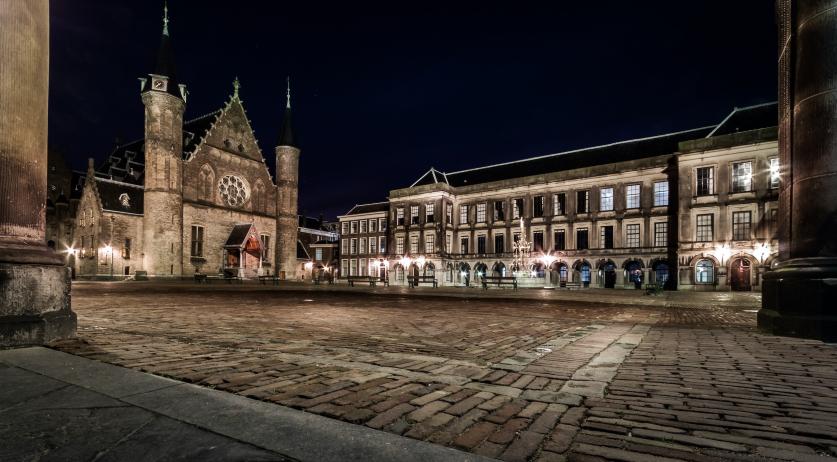
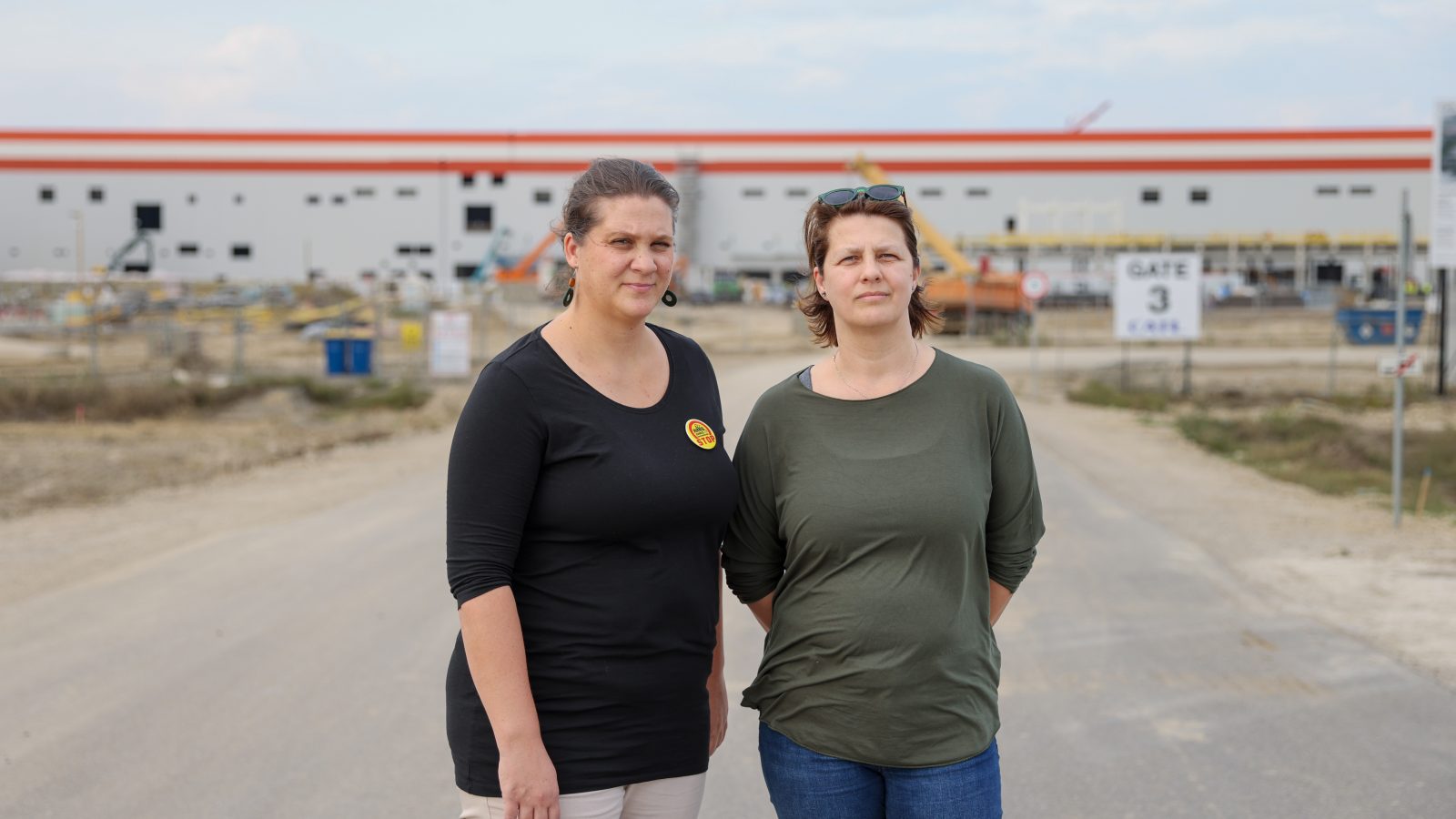




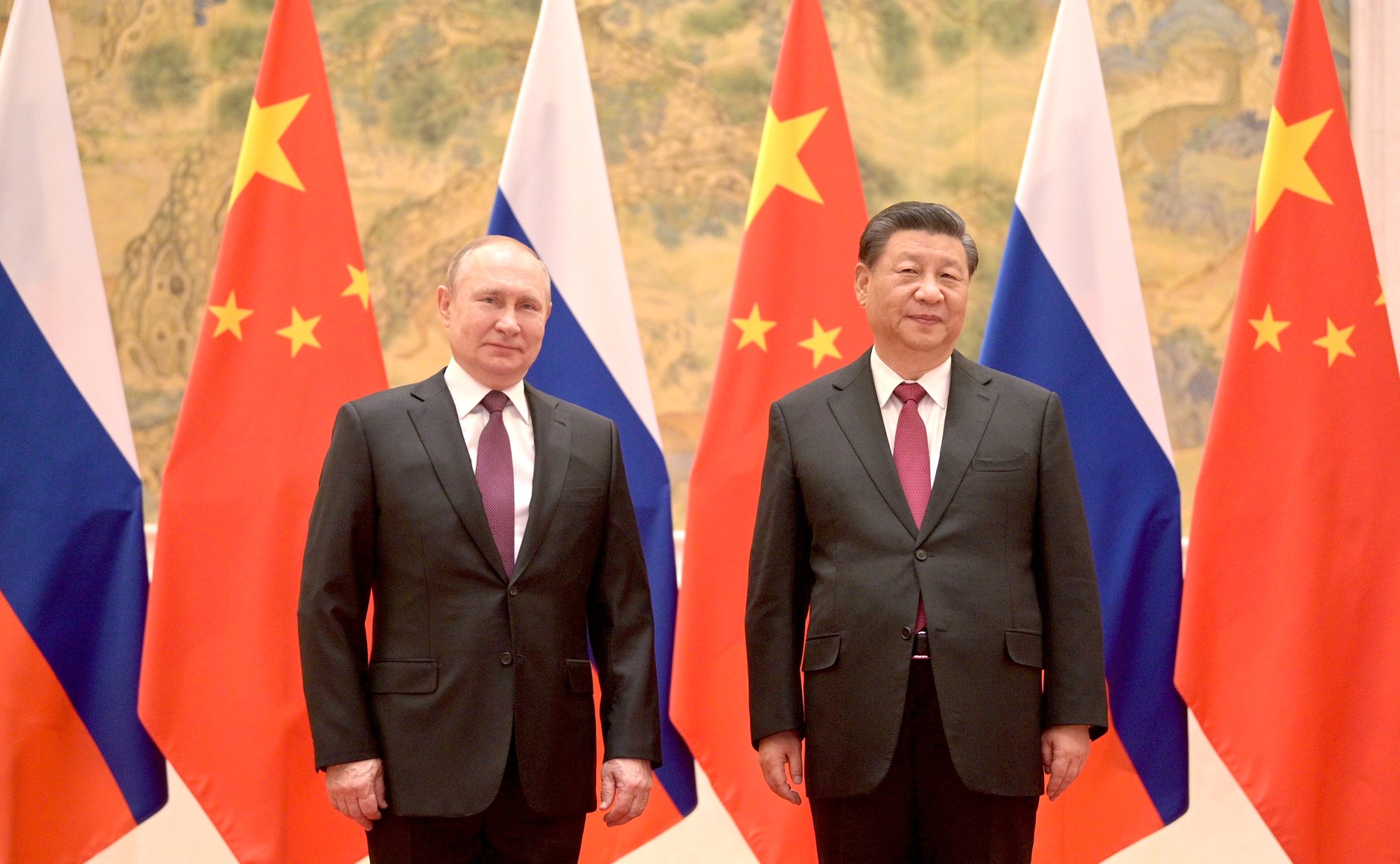
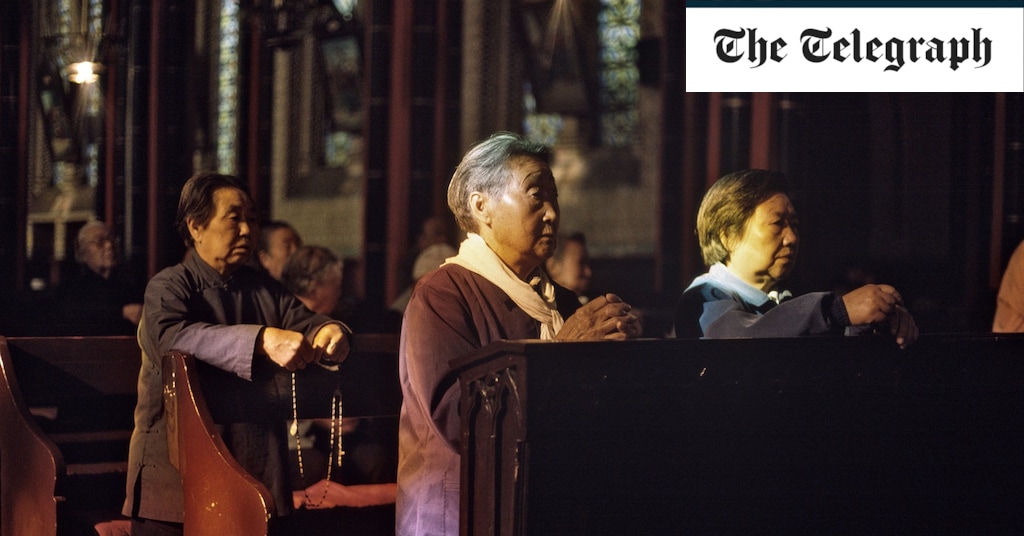

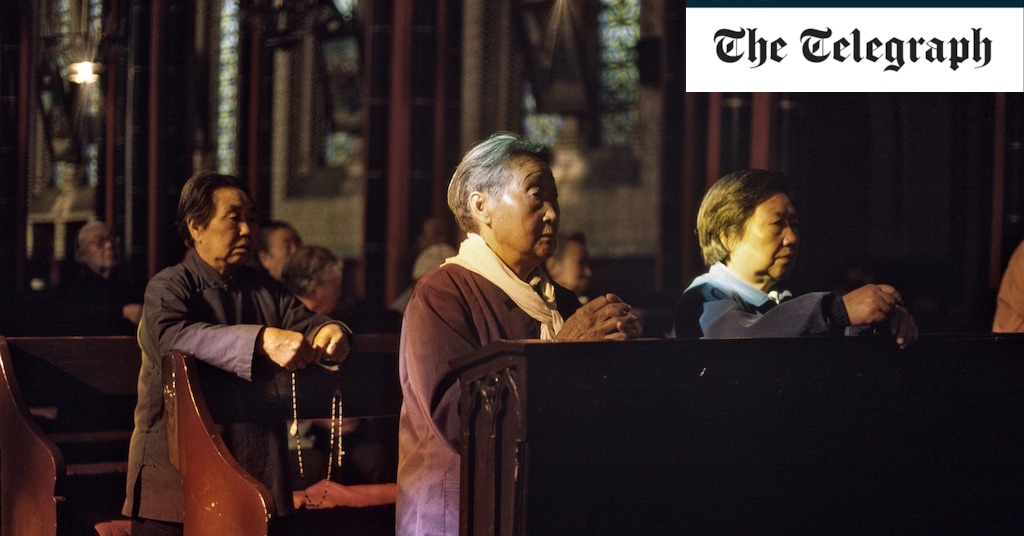
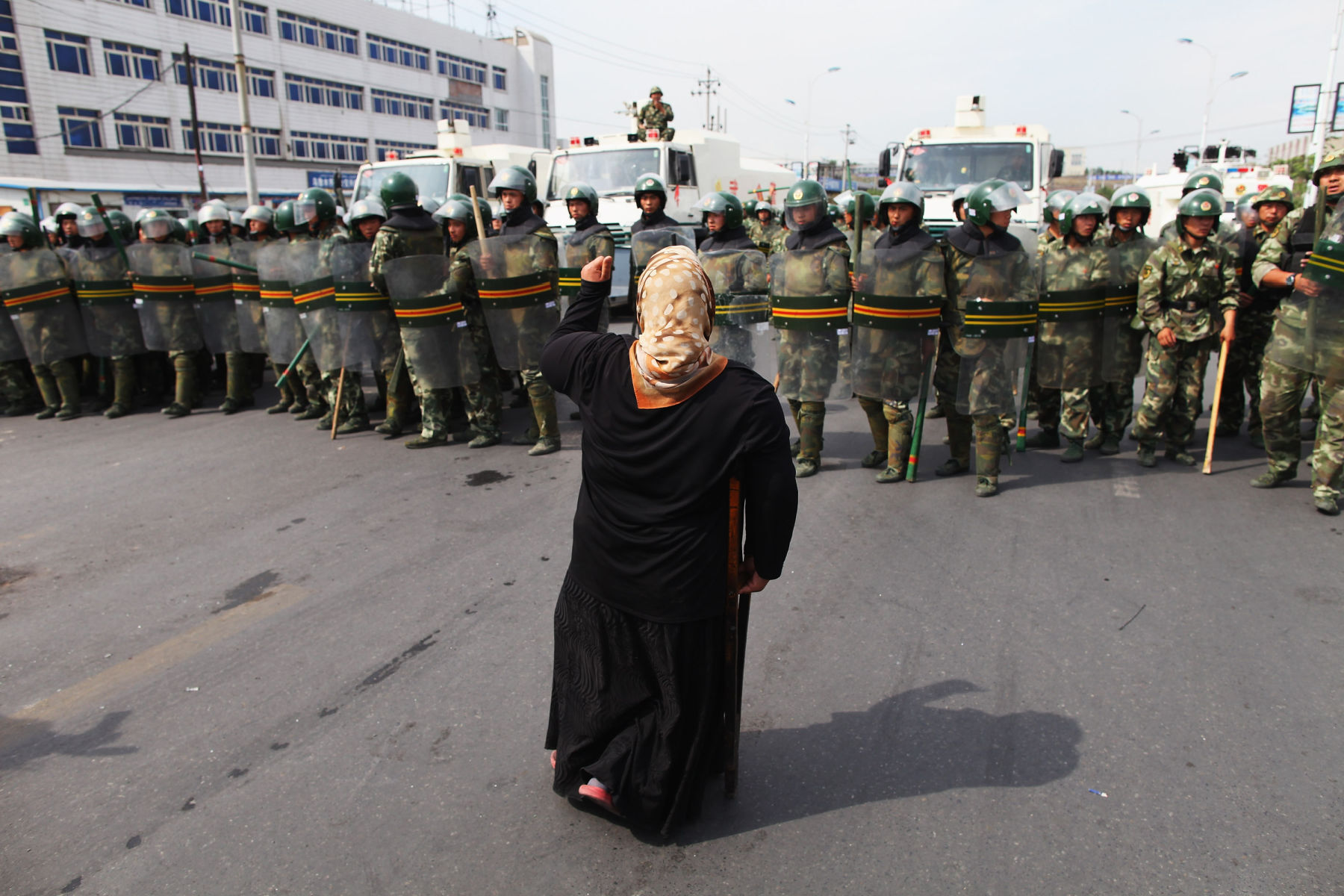
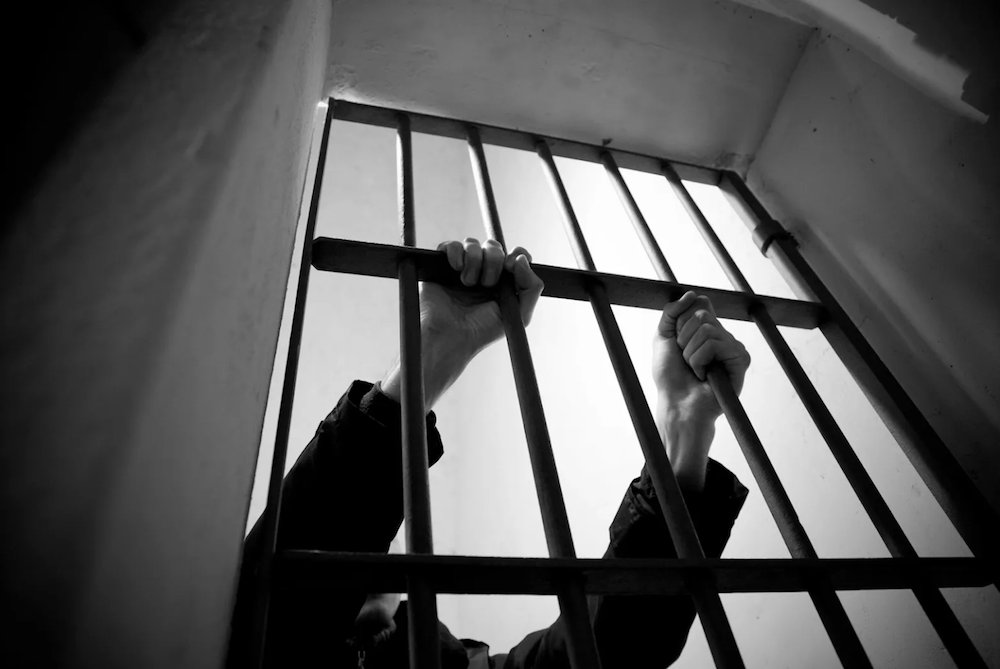
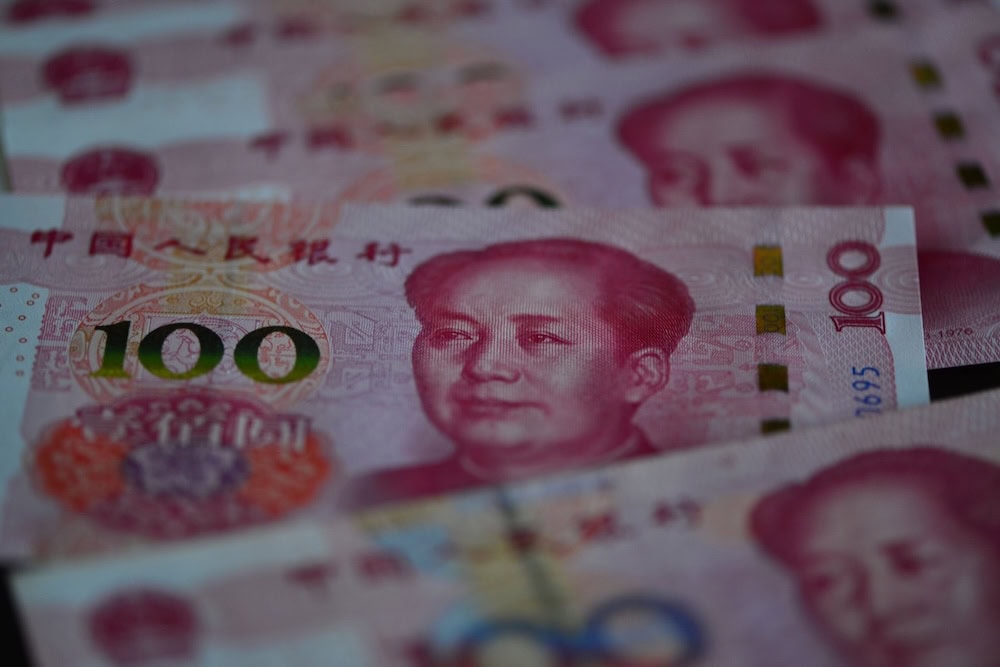
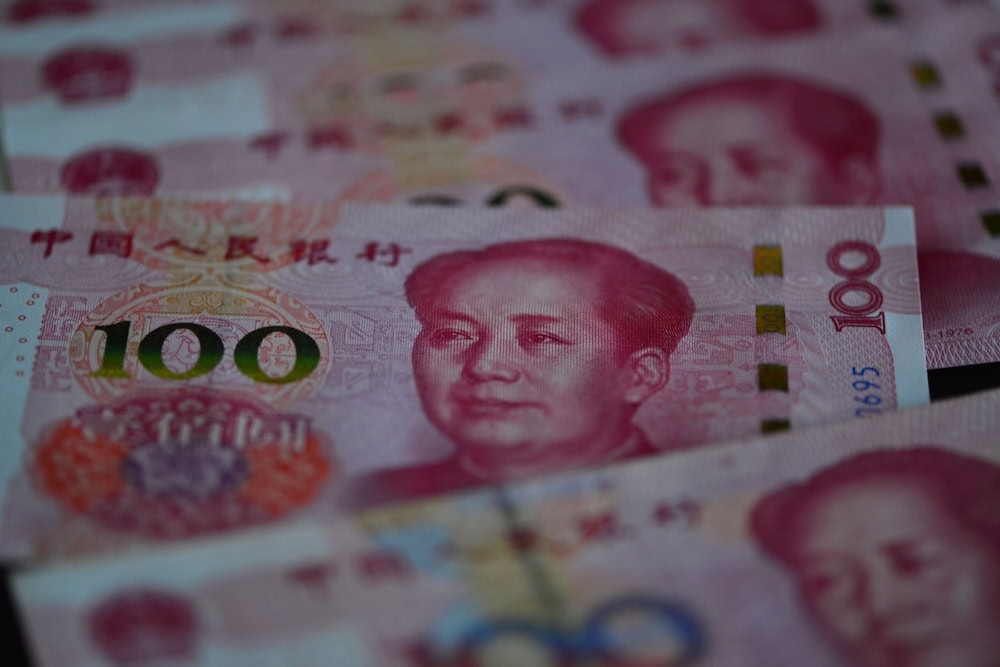
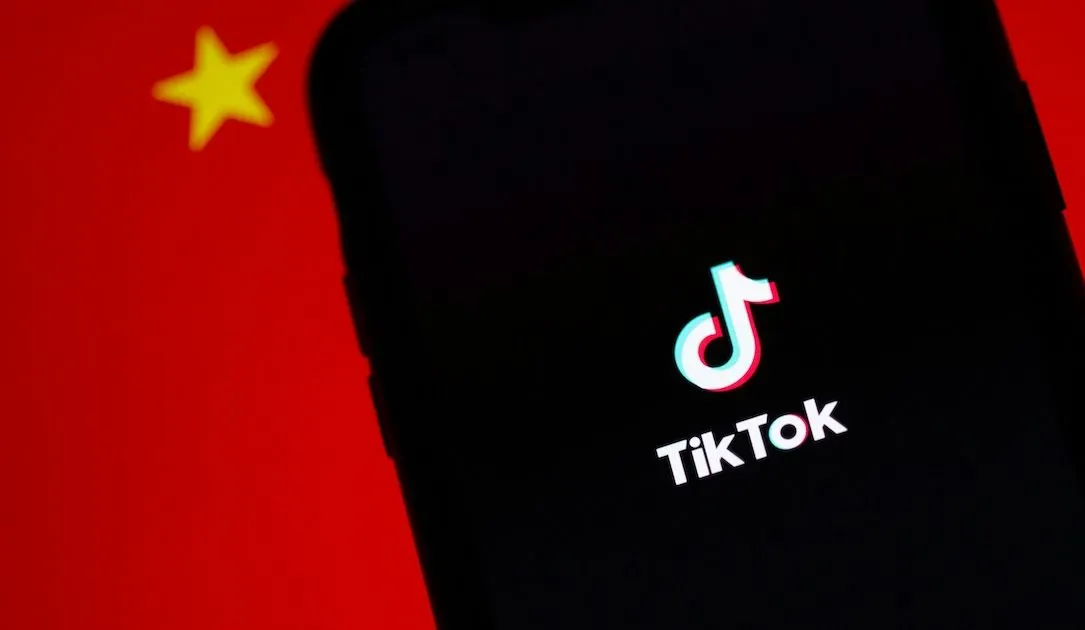
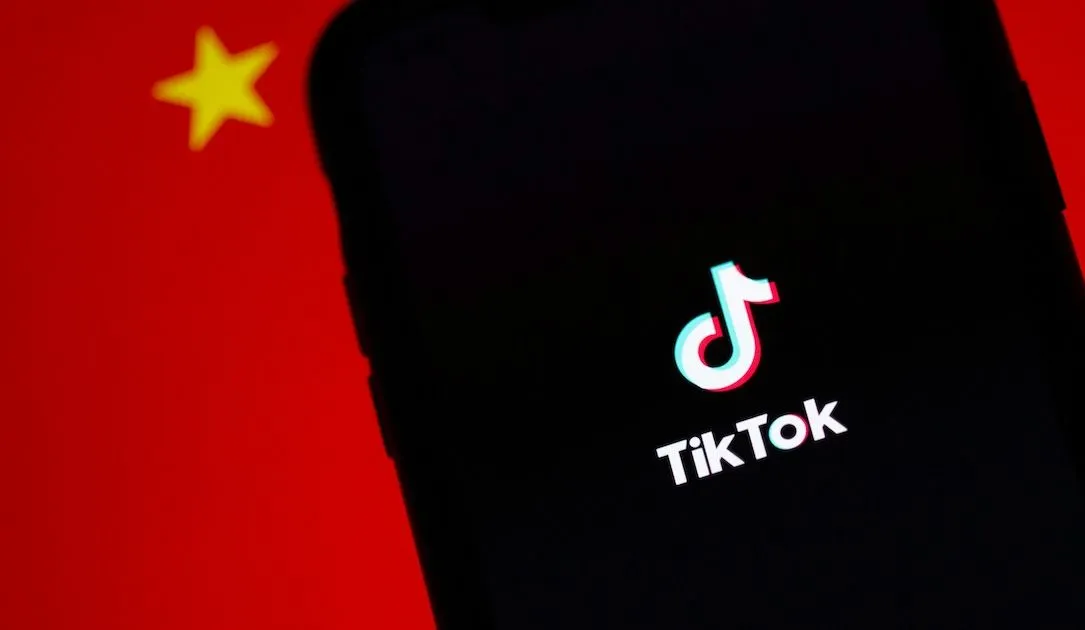

deleted by creator